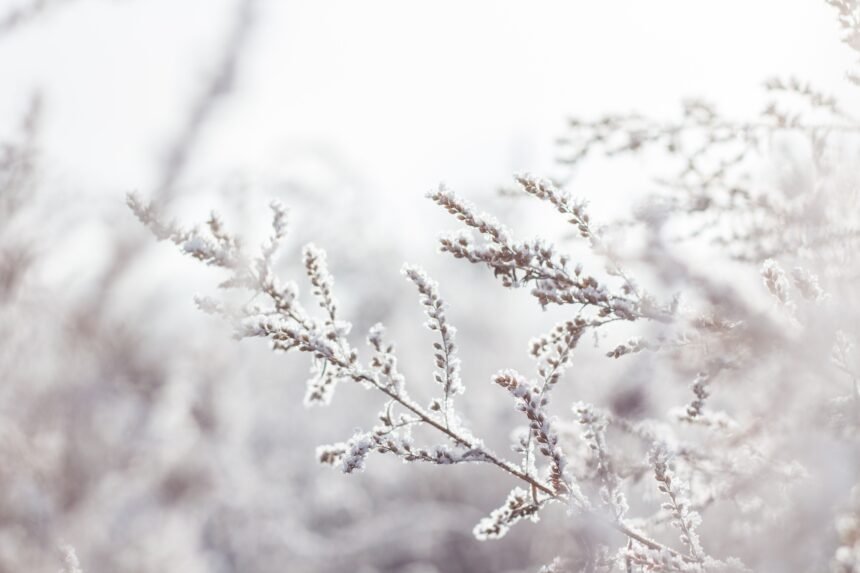Severe cold waves have gripped the northern states of India. The temperatures in Delhi, Haryana, Punjab, and other northern states have reached 3° C to 7°C. For this, the Indian Meteorological Department has issued a warning of severe cold waves in north India.
Temperatures dropped further to 3° C in Delhi and 0.5°C in Rajasthan. Moreover, Srinagar has been experiencing a spine-chilling cold of -5.8°C. At the same time, the temperature will continue to drop further in the next 48 hours.
Let’s understand what is a cold wave and what are the primary causes for it.
What is a Cold Wave?
A cold wave is a cooling of air due to a variety of reasons. It is also known as a cold spell or Arctic snap. For IMD, a cold wave in the plains of North India is a temperature drop to 4.5° C. In the case of hilly regions, the temperature drop below 0° C is regarded as a cold wave.
The cold wave levels have reached New Delhi, Rajasthan, Haryana, UP, Punjab, and Chandigarh. It is projected that North India will continue to be in a cold wave for the New Year. This can continue till 4th January.
What are the causes of a Cold Wave?
There are a variety of causes for a cold wave:
- Pressure difference- A lengthy area of high pressure in the jet stream in northwest Asia can be a reason. This can be a reason for the cold wave in north India. Jet streams are a result of uneven heating. So, the pressure difference in some areas causes winds from one place to another.
- Cloud Cover- The clouds often trap infrared radiations from the earth. When the Cloud cover reduces, more heat escapes from the earth to make the surface cool. This causes a drop in temperatures.
- La Niña- It is a weather pattern over the pacific ocean. In this, the warm water floats on cold water. La Niña means weather disruption that causes the warm waters to blow towards Indonesia. So, the cold water comes to the surface.
- Non-seasonal rainfall: A common reason for cold waves is Non-seasonal rainfall. This uncertain precipitation deepens due to climate change. So, it reduces monsoon rainfall which is vital for agriculture. Also, it increases off-season rainfall causing more cold waves in winter.
The Last Word
The cold wave can have a severe impact on health leading to problems like flu, runny nose, nosebleeds, etc. Also, it is important for people to not ignore shivering and stay warm indoors. Alongside, it is important to not ignore frostbite and wear several layers of warm clothing to protect themselves from cold waves.
